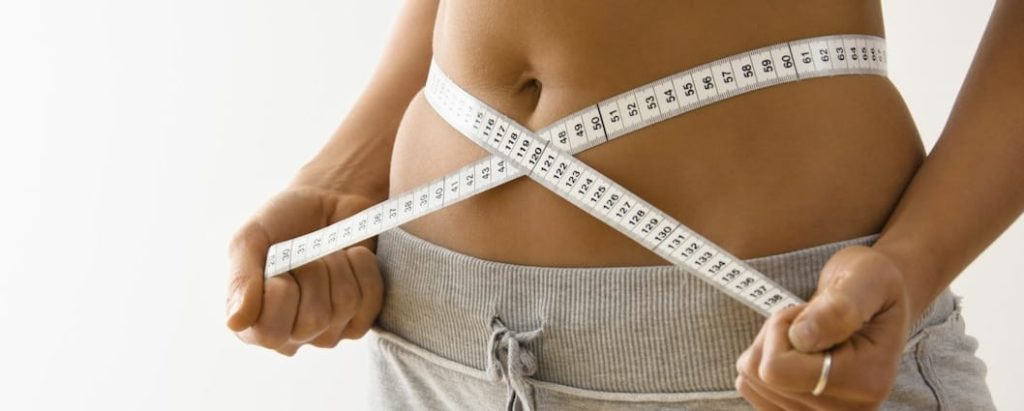Surviving recovery from addiction and avoiding relapse is tough, but it becomes even more difficult if you experience symptoms of depression. Addiction or substance abuse commonly occurs with depression. In fact, up to 40 percent of people with a substance use disorder also struggle with a mood disorder, which can include depression. Know the signs and symptoms of depression and learn to recognize when you’re not feeling right so that you can get the help you need.
Which Came First, Depression or Addiction?
It’s like the question about the chicken and the egg. It’s not always easy to know which came first. Many people who struggle with mental health disorders, like depression, self-medicate with drugs or alcohol. This practice can quickly lead to an addiction. On the other hand, it’s also possible that substance abuse triggers symptoms of depression in someone predisposed to it. Ultimately, it doesn’t matter which came first for you. If you feel depressed while in recovery from addiction, you need treatment so that you can feel better and stay sober.
Depression Symptoms and Diagnosis
It’s not always easy to recognize the symptoms of depression in yourself, so if someone who cares about you points out that you might be depressed, listen. And then consider these symptoms and decide if you can relate:
- Sadness, emptiness, hopelessness
- Irritability and frustration out of proportion with a situation
- Fatigue and lack of energy to complete even simple tasks
- Loss of interest in things you normally enjoy
- Anxiety and restlessness
- Changes in sleeping and eating habits, such as insomnia or loss of appetite
- Physical pain that you can’t explain
- Feeling worthless, guilty or ashamed
- Difficulty concentrating or making decisions
- Suicidal thoughts
It’s not unusual to feel depressed while in recovery from addiction. Whether you have clinical depression is up to a health professional’s diagnosis. However, don’t ignore any of these signs or assume that they are normal. See a mental health care expert, or even your usual doctor, if you are unsure whether you have depression.
Treatment for Depression
If you do get a diagnosis of depression, try to remain hopeful. This is a treatable condition. Your doctor can recommend a therapist or psychiatrist for therapy sessions, but you can also consider using antidepressant medications. Whether you want to use any kind of drug or not is a choice you should make with your doctor. Most antidepressants are not habit-forming and should be fine for you to take as a recovering addict. It is crucial, though, that you get some type of treatment. Depression doesn’t just go away, and it can be a huge trigger to cause you to relapse.
Rely on Support
Getting diagnosed and starting treatment are the first two and most important steps to take when you feel depressed. While you’re being treated and trying to cope with being sober, make sure you rely on your support network. These are the people who care about you and want to be there for you. It’s hard enough to go it alone with recovery, but to battle depression at the same time is really challenging. Let your loved ones support you. When you’re feeling low and would rather hide away, resist that urge and spend time with friends or family instead. Battling depression is another challenge to add to your list, but it is one that you can conquer. Like addiction, it is a chronic condition, so keep treating it, even when you start to feel better. Keep your support network close, stay in touch with your addiction and depression treatment professionals, and you can get through this.

